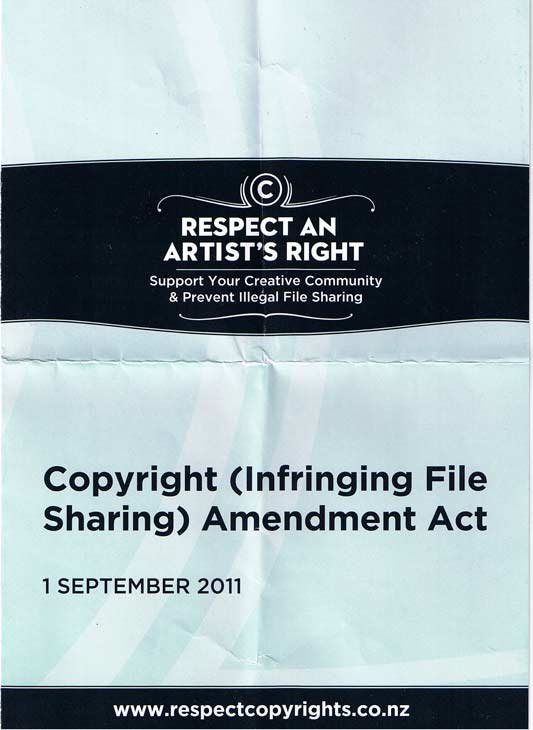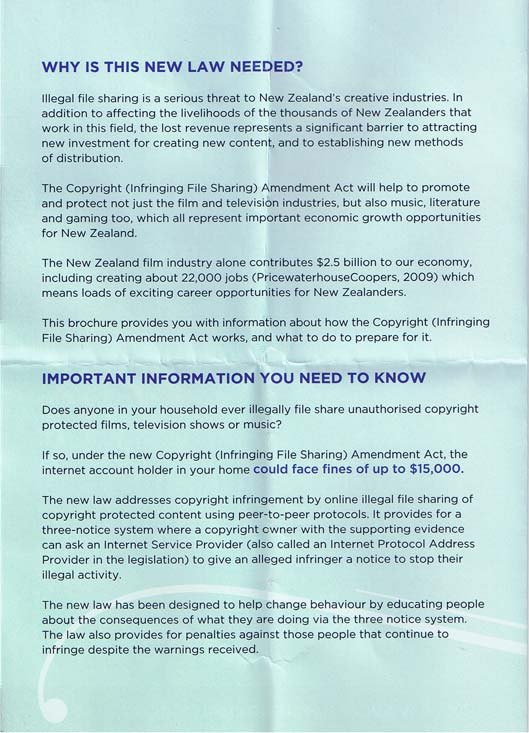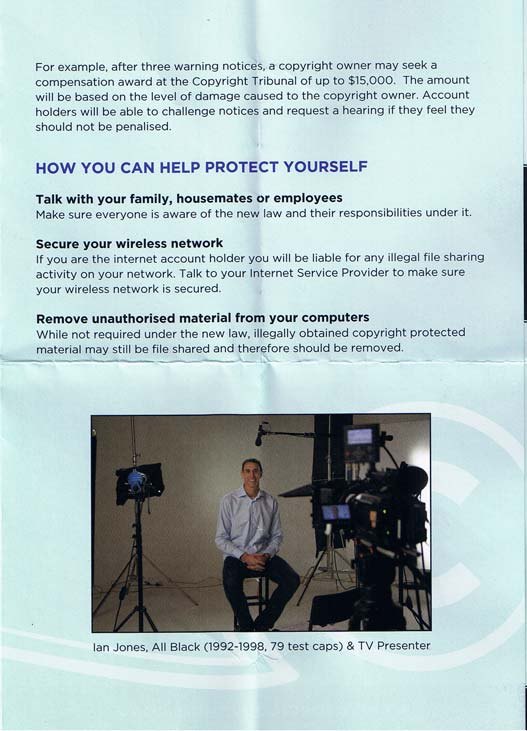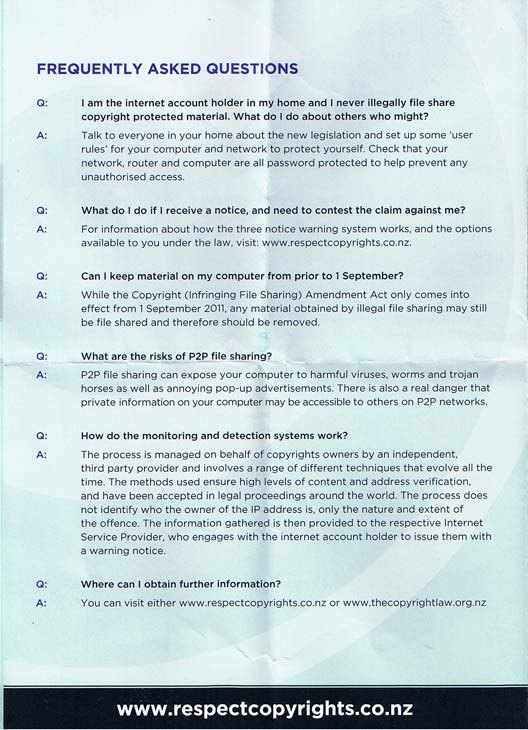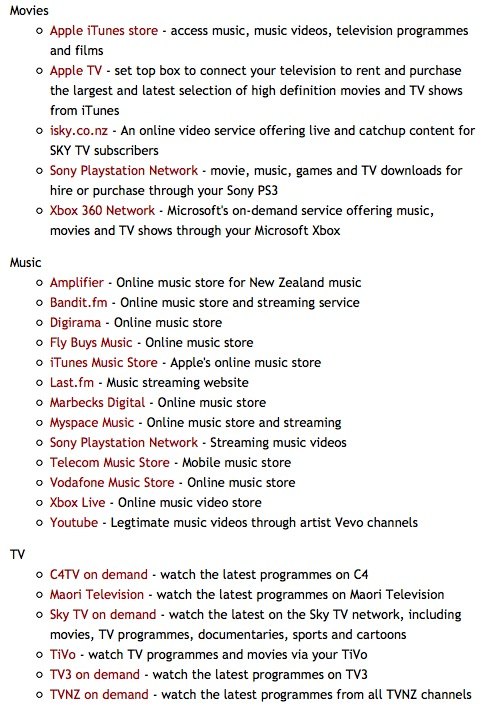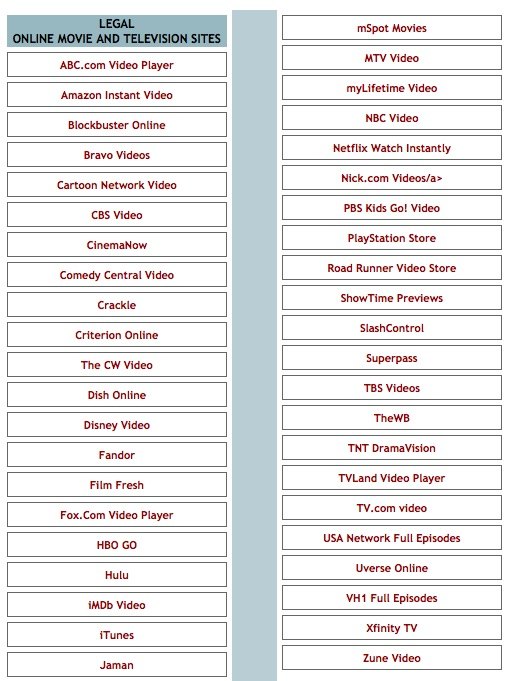Shifting file sharing
A survey commissioned by the MPAA and friends last year stated that seven out of 10 people surveyed said that they would stop illegally sharing files after they received one notice from a copyright holder under the three strikes scheme.
Perhaps they should have also asked how many people would just change how they download files illegally?
The WAND Network Research Group at The University of Waikato has been measuring how traffic flows through a New Zealand ISP. They can split traffic into types with a pretty high degree of accuracy without having to “look inside” too much. Donald Clark compares it to looking at the postmark of a package and giving it a squeeze and being able to tell, in general terms, what’s inside, without having to open it.
Here’s a graph (ht Tech Liberty/1through8) showing the change in traffic volume in September 2011 and January 2012 by type relative to January 2011. In January 2011 the Copyright (Infringing File Sharing) Amendment Act (the three strikes Skynet law) wasn’t in force. On September 1 2011 copyright holders could start sending notices to IPAPs, and around that time there was a strong media interest in the law. January 2012 is a few months later.
The resulting data is a valuable insight into how residential DSL customers at this particular ISP reacted to the new law.
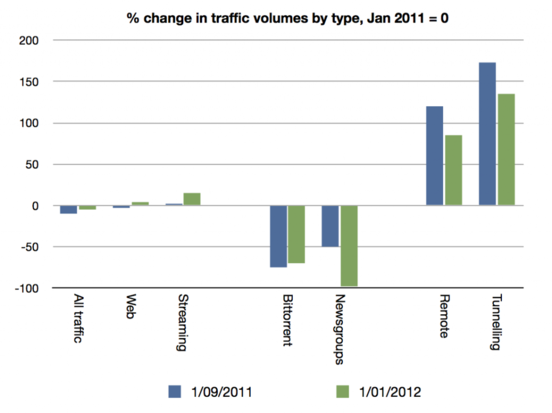
More graphical goodness can be found in the slides from a NZNOG presentation here.
There was about a 75% decrease in BitTorrent traffic straight after the law was introduced, largely sustained into 2012, with huge increases in remote and tunneling traffic. The law isn’t stopping file sharing, just moving it underground, using VPNs, seedboxes and sites like now closed Megaupload.
There was also a big decrease in newgroup traffic, even though it doesn’t appear to be targeted by the new law.
Here’s what the project leader, Shane Alcock said:
“P2P, P2P structure, Unknown, Newsgroups and Encrypted [not all shown in the graph above] have all decreased massively from their January 2011 levels. Interestingly, each of these categories can be tied to the illegal downloading activities targeted by the CAA [Copyright Amendment Act]. P2P and P2P structure are obviously related, Newsgroups are a common source of torrent files and the Unknown and Encrypted categories were strongly suspected of containing a significant quantity of encrypted P2P traffic.
Even more interestingly, Remote, Tunneling and Files experienced similarly large growths in the amount of traffic downloaded by DSL users. This is probably indicative of people changing their approach to downloading copyrighted material. Instead of participating in file sharing on their home machines, it has become more common for people to use machines based in other countries and ship the file back home via another protocol. This might be via SSH, VPN or FTP, for example, which are all covered by the growing categories.
Similar trends are observed when looking at traffic transmitted by the DSL users. Categories associated with P2P file sharing have seen much less traffic compared with January 2011, whereas Tunneling, Remote and Files have soared.
It should be noted that although Tunneling has grown significantly, the overall amount of Tunneling traffic is still much less than the total amount of P2P traffic. But the sudden changes in application protocol usage are still very noteworthy and suggest that the CAA has had a major impact on people’s Internet usage.”
Image credit: technoloic

